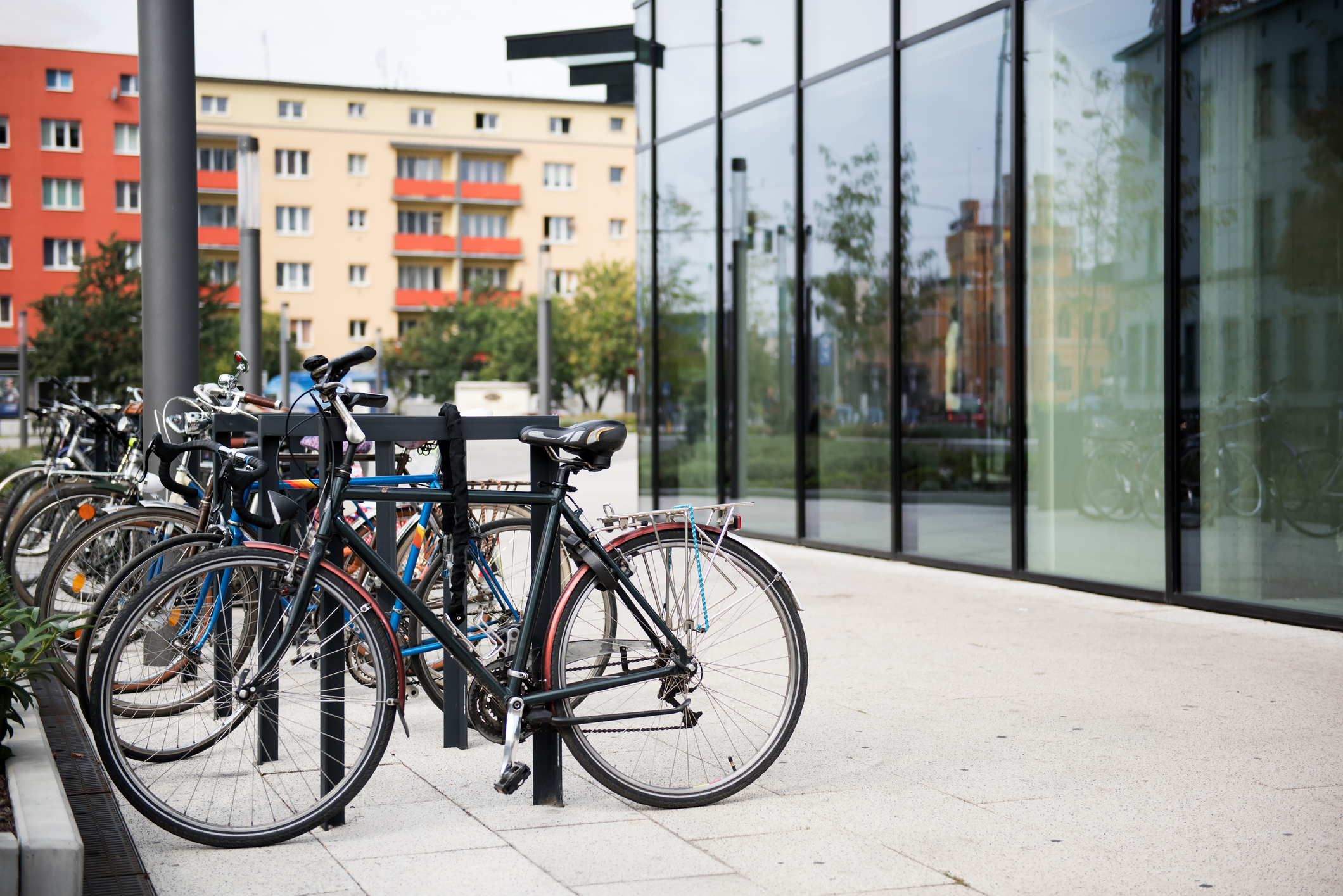
EPBD: What Member States need to watch out for when transposing EU bike parking legislation into national legislation – ECF policy paper
In April 2024, the European Union adopted the Energy Performance of Buildings Directive, requiring Member States to implement minimum bicycle parking standards in buildings over a certain size. ECF strongly advocated for this directive as it will benefit bicycle parking infrastructure in many European countries. This being a Directive rather than a Regulation, it is up to Member States to interpret and implement the legislation. Member States now need to transpose the text into national law by 2026. ECF has published a policy paper to help member states navigate the at times ambiguous text.
To recap, earlier this year, the EU’s parliament and Member States agreed on the finalised text of the EPBD. The document laid out the boundaries for the requirements that Member Sates need to fulfil. The results are:
-
For new residential buildings and those undergoing major renovation with more than three car parking spaces: At least two bicycle parking spaces for every residential building unit.
-
For new and renovated non-residential buildings with more than five car parking spaces: Bicycle parking spaces represent at least 15% of the average or 10% of the total user capacity of the building. Space for bicycles with larger dimensions than standard bicycles, such as cargo bikes, should also be considered.
-
For existing non-residential buildings with more than twenty car parking spaces: Bicycle parking spaces represent at least 15% of the average or 10% of the total user capacity of the building. Again, space for bicycles with larger dimensions than standard bicycles should be provided.
-
For all, specific requirements regarding charging infrastructure for all types of electric vehicles, including electric and bicycles, will become effective.
As is common in an EU Directive, member states retain the authority to invoke specific derogations, allowing them to limit or adjust the required number of bicycle parking spaces for certain types of non-residential buildings. Some of these derogations include:
-
Firstly, with regard to residential buildings undergoing major renovation, “where ensuring two bicycle parking spaces for every residential building unit is not feasible, member states shall ensure as many bicycle parking spaces as appropriate.”
-
Secondly, as for new residential buildings, “member states may, subject to an assessment by local authorities and taking into account local characteristics, including demographical, geographical and climate conditions, adjust requirements for the number of bicycle parking spaces.”
-
Thirdly, in the case of non-residential buildings (new, renovated and existing), “member states may adjust requirements for the number of bicycle parking spaces […] for specific categories of non-residential buildings that are not typically accessed by bicycles.”
As one can see, there is a fair bit of ambiguity in the text. What does “as appropriate"? mean. How far can these “local characteristics” go? And how do you define “buildings not typically accessed by bicycle"?
Other ambiguities in the text relate to:
-
How do we define “10% of the total user capacity of the building”? How do we define 15% of the average user capacity?
-
What is the “technical assistance” that the Member State should provide to building owners and tenants “wishing to install bike parking”?
-
And how do we see the electric charging requirements, which are very unclear in the Directive?
We believe there is quite a lot of “interpreting” to be done by the various Member States. ECF has therefore produced a document that adds voice of the cyclists and our interpretations to the at times vague text. We believe that, given the momentum and explicit endorsement of cycling from the European institutions in the European Declaration on Cycling, there is a clear instruction from the European institutions, which includes the Member States of the Council, to give advantage to cycling in transport, housing, and urban planning policies such as the EPBD.
Contact the author
Recent news!
Upcoming events
Contact Us
Avenue des Arts, 7-8
Postal address: Rue de la Charité, 22
1210 Brussels, Belgium









